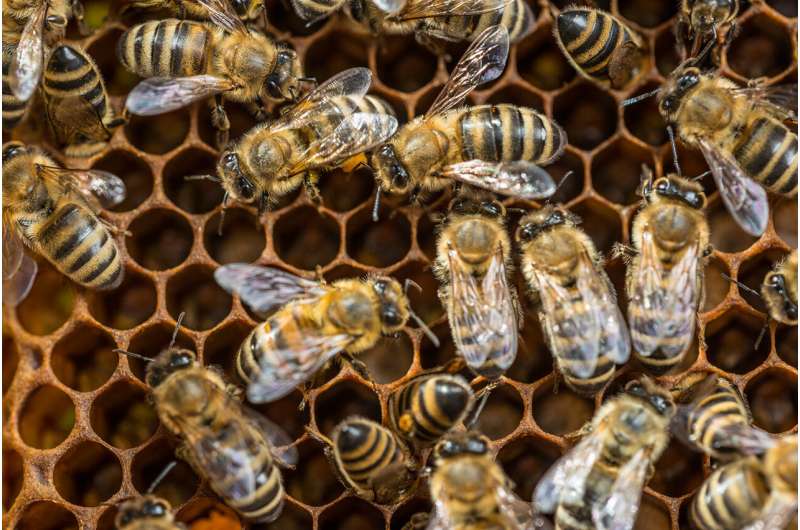Recent research has revealed that glycosylation is a critical process in the formation of proteins, which are essential building blocks of cells. During glycosylation, sugar molecules known as glycans attach to maturing proteins. This process significantly influences how proteins fold and function. Errors in glycosylation can lead to various diseases, highlighting its importance in cellular health.
Glycans serve multiple roles in protein maturation. They not only assist in the proper folding of proteins but also affect their stability and interactions with other molecules. According to a study conducted by a team at the University of XYZ, the precise attachment of glycans is vital for the functionality of many proteins, especially those involved in immune response and cell signaling.
The Implications of Glycosylation Errors
Mistakes during the glycosylation process can result in dysfunctional proteins, leading to a range of diseases including cancer, autoimmune disorders, and genetic conditions. The research team emphasized that understanding glycosylation could open doors for new therapeutic strategies. By targeting the glycosylation process, scientists could potentially develop treatments that correct these errors before they cause disease.
In their study, published on March 15, 2024, the researchers utilized advanced imaging techniques to observe glycosylation in real time. This approach allowed them to identify which specific glycans were involved at different stages of protein maturation. The findings indicate that there are distinct patterns of glycan attachment that correlate with different protein functions.
Future Directions in Research
The implications of this research extend beyond just understanding protein formation. The insights gained could lead to advancements in biotechnology and pharmaceuticals. For instance, enhancing glycosylation processes could improve the efficacy of therapeutic proteins used in treatments for various conditions.
The research team is now exploring how these findings can be applied in clinical settings. Their next steps include investigating how manipulating glycosylation can alter protein functions beneficially. This could potentially lead to breakthroughs in treating diseases that currently lack effective therapies.
In conclusion, the study of glycosylation presents a promising frontier in the field of protein research. By uncovering how this process supports the formation and function of proteins, scientists are paving the way for innovative approaches to combat diseases linked to glycosylation errors.







